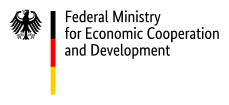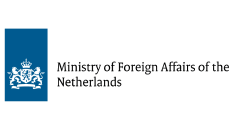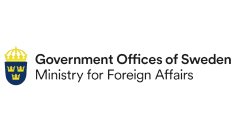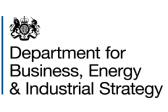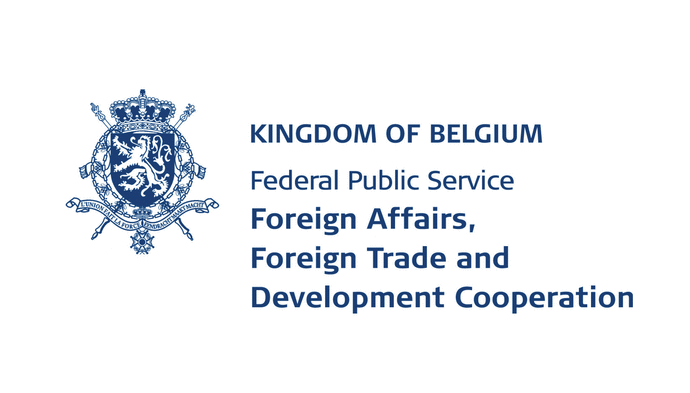Mobilizing Private-sector Funding in Rwanda and Cote d’Ivoire
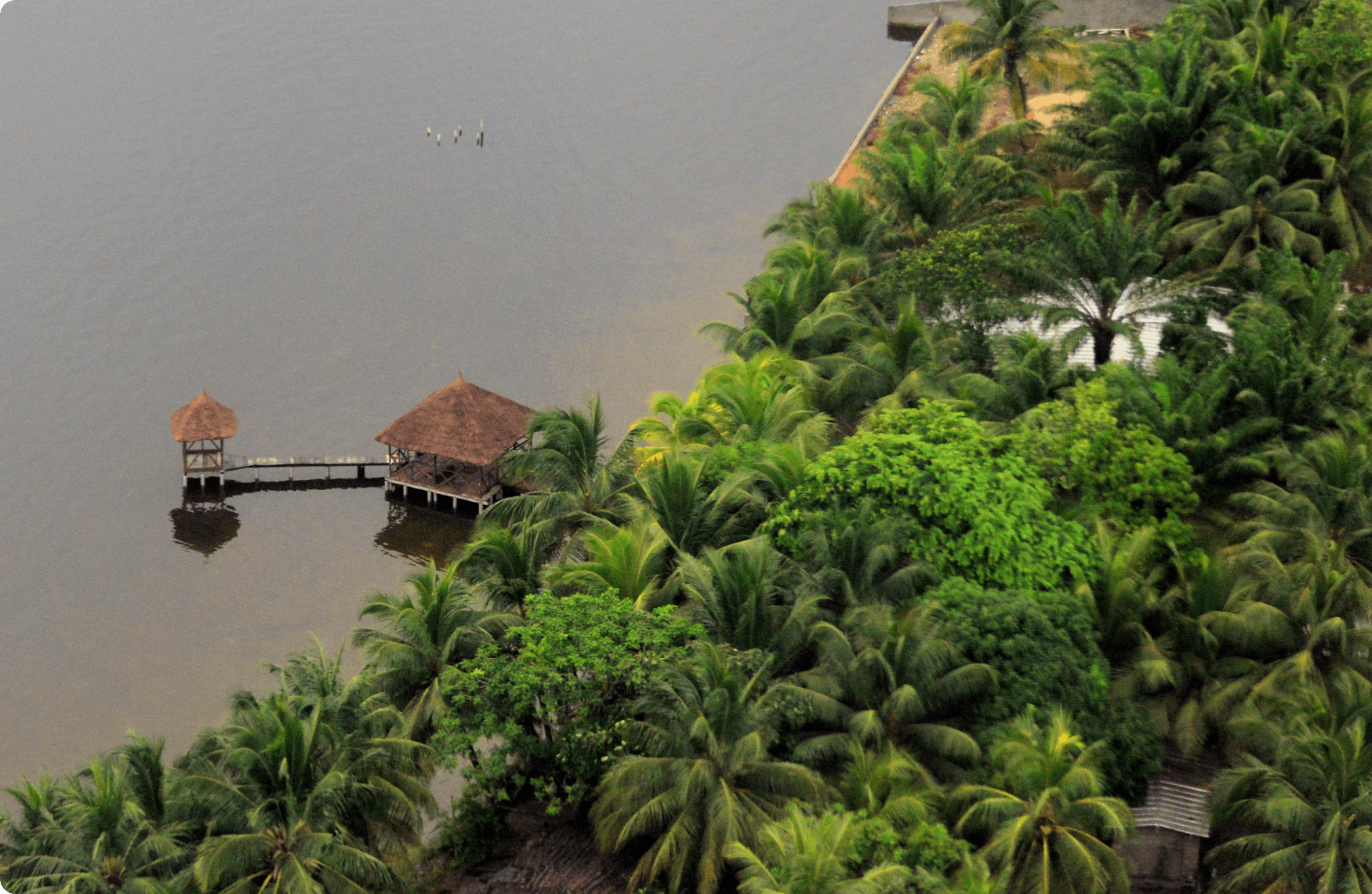
In response to the Partnership’s Project Information Note (PIN), which outlines early-stage nationally determined contribution (NDC) and SDG -aligned investment opportunities to help attract and leverage financing, the United Nations Industrial Development Organization (UNIDO) is working closely with governments, the private sector and other stakeholders in Rwanda and Côte d’Ivoire to foster investment and attract financing to low-carbon projects.
In Rwanda, in response to the information described in the PIN, UNIDO is supporting a project involving the private sector that aims to reduce emissions from tea production in part by establishing a fleet of low-carbon tea factories throughout Rwanda. Tea is Rwanda’s main cash crop, representing approximately 15% of its total exports, and it has been identified as a major growth driver in national development plans. These plans also identify the sector as the most promising for large international investors and set out an expansion plan to further encourage investment and increase the production of high-value specialty tea. It is anticipated that the project could benefit 11,600 small-holder tea farmers and lower emissions from the tea sector from 54,000 tCO2e per year to 20,000 tCO2e per year. UNIDO is well equipped and ideally positioned to coordinate with other organizations that are planning to offer additional support in a later stage of project development and financing identification. T hese institutions include GET.invest, a GIZ-implemented program funded by the European Union, BMZ, Sweden, the Netherlands, Austria, the Private Financing Advisory Network (PFAN) and the Climate Investment Platform (CIP).
In response to the PIN, UNIDO is also working on a project in Côte d’Ivoire to raise awareness of the private sector, in particular the member companies of the General Confederation of Enterprises of Côte d’Ivoire (CGECI), and build their capacities to facilitate their transition toward green companies. This will help to mitigate climate change and make the companies more resilient to its harmful effects. This project combines training, preparation and support for CGECI member companies to adopt a new economic model based on green investments. In response to the PIN, UNIDO is engaging with potential sources of financing in collaboration with the CGECI, the ministry of environment and other key stakeholders.


